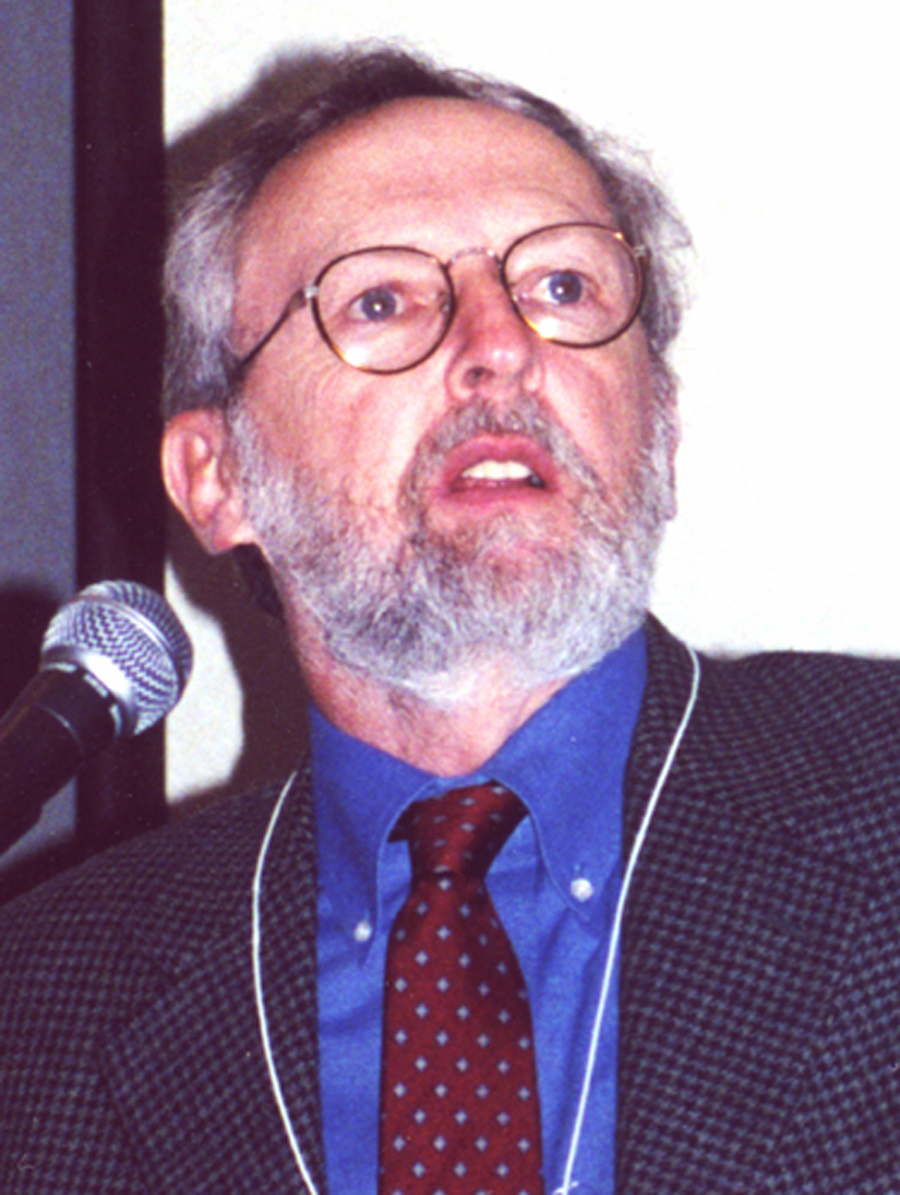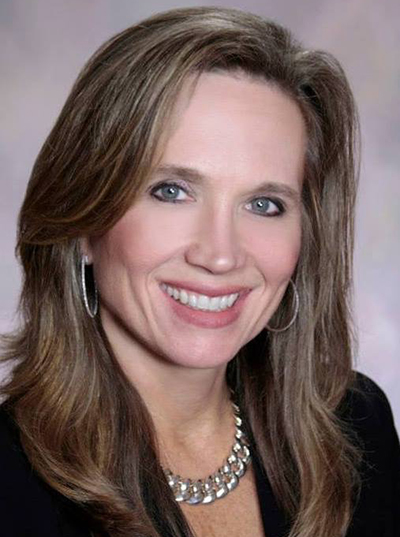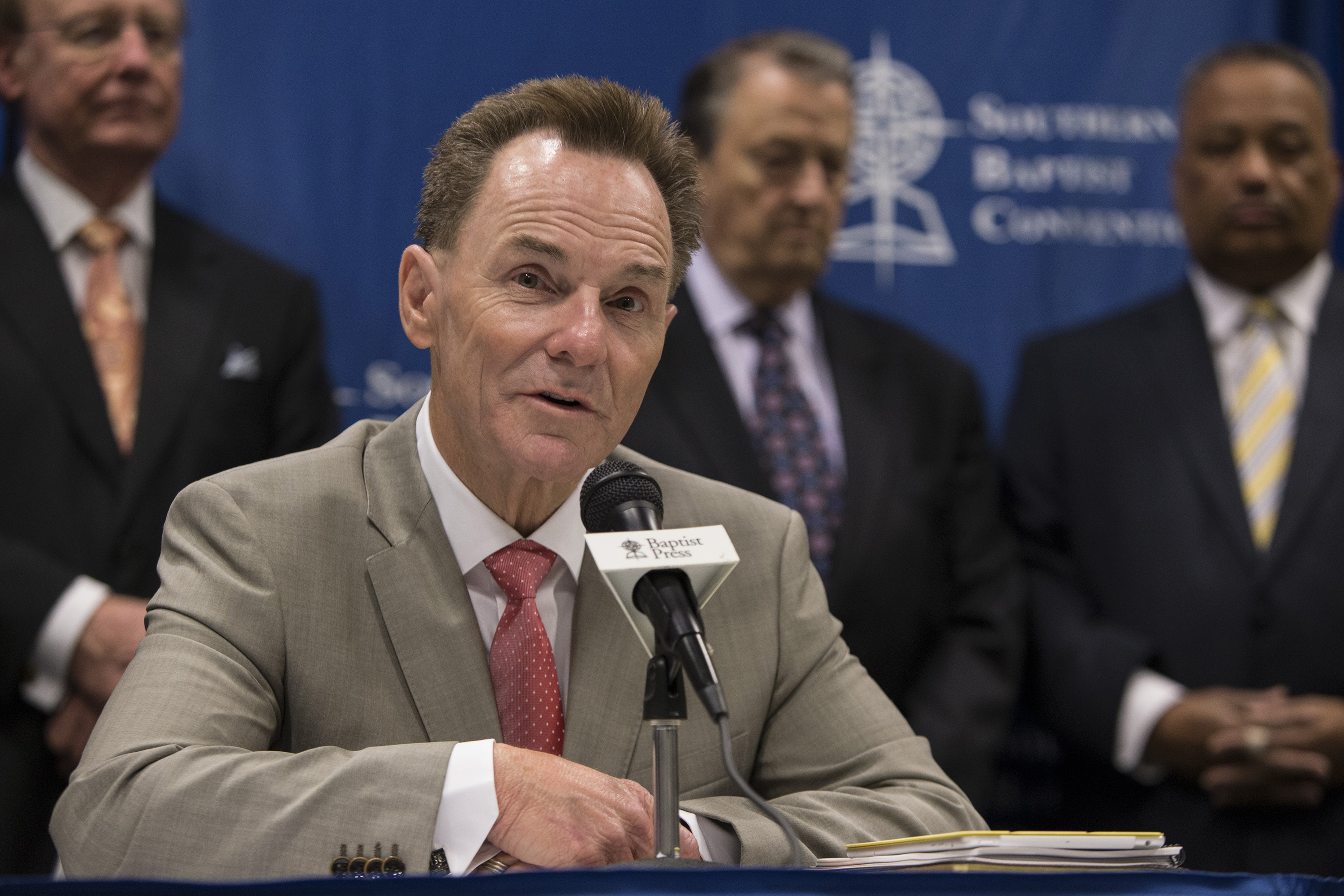
LEXINGTON, Ky. (BP)–“The time has come to rethink the premise that the best education is secular and that religiously based education is automatically inferior,” George Marsden said in an address during the Association of Southern Baptist Colleges and Schools’ June 3-5 annual meeting in Lexington, Ky.
Marsden, professor of philosophy at Notre Dame University and one of two H.I. Hester lecturers for the ASBCS meeting of 200-plus educators, said, “Religious colleges, instead of feeling that they are under pressure to become more like their secular counterparts, should take pride in the religious character of their education, attempting to strengthen it rather than weaken it.
“In our places of worship, [Americans] say their religion is not just for one day a week, but for all that we do,” Marsden said. “Yet in most of their education, Americans send the message that when it comes to the really important things in life — what one should think about other people, society, politics, economics, careers, the environment, ourselves, our moral values, our nature and destiny — … Americans teach their young people to think about them as though God did not exist.”
Religion is typically treated like a “harmless hobby” in most of the nation’s educational system, Marsden said. “At best, it is treated as an okay private hobby, perhaps like a chess club — something students might be encouraged to pursue on their own.
“Perhaps a college or university may even encourage voluntary religious organizations on campus,” he continued. “But [religion] still is not regarded as something that relates to the more important things of life that we learn about. This is the case, I believe, even at many church-related colleges.
“This trivialization of religion in education has a deeper implication … that in large areas of life Americans are taught to act, despite our religious professions, as though God did not exist. That is at least the message that most Americans are willing to send to the next generation in our educational system.”
Marsden contended that America’s educational system got this way through scientific and democratic ideas that emerged at the beginning of the 20th century.
“These two ideas could be brought under the rubric of ‘freedom,'” he said. “Science would involve free inquiry and democratic ideas would involve learning to live freely, to think and choose for oneself.
“Freedom is, of course, a wonderful idea, and we should value both these kinds of freedom — free scientific inquiry and freedom to choose one’s own beliefs,” Marsden said. “But like lots of good things, these good ideas were so valued to the exclusion of everything else that they led to distortions.
“One of those distortions, in my view, was that America’s educators declared that the only first-rate education [is] education free from all religious direction or constraint. Such opposition to religious outlooks is institutionalized and is often directed toward religious schools.”
Marsden said many educators in America have presumed that secular universities that revere science and personal freedom over religious influence are providing the best education.
These educators contend, “If religious colleges aspire to be regarded as truly first-class, they should drop their religious requirements or expectations and adopt educational standards like the [secular] universities,” Marsden said.
“We are not talking just about strict fundamentalist creeds here,” he noted, “but any requirement that faculty affirm the religious tradition of the school.”
Marsden stated that “the time has come for our culture to be rethinking the role of religiously based colleges. Given the morally fragmented, technically oriented, careerist state of our major universities and their undergraduate colleges, why in the world should we think that they should be setting the standard for the best education and that religious colleges should be trying to catch up?”
“True, most secular universities still have vastly more resources. But what else do they have?” Marsden asked. “In these days of a perpetual buyer’s market for faculty, many religious colleges, even of modest means, can have excellent faculties, at least if they are willing to commit resources to providing conditions to attract and keep the best Christian scholars.
“Building a vision around particular religious traditions often contributes to such colleges being better places to help produce morally responsible citizens than are giant universities,” Marsden said.
“Perhaps the time has come when it is the secular universities that should be thought of as second-class and urged to find some way to try to catch up qualitatively to what some of the religious colleges are doing,” he noted. “Religious colleges, in the meantime, should not feel that they should have to apologize for their religious character. Rather, they should be building themselves up as models of an alternative higher education that others might want to emulate.”
Marsden was one of two featured H.I. Hester Lecturers at the ASBCS annual meeting. The Hester Lectures’ purpose is to bring Christian scholars to the annual meeting who, through the lectures, will contribute to an understanding of the role of church-related higher education and to the mission of the Baptist-related institutions.
The Association of Southern Baptist Colleges and Schools is a professional association whose membership includes administrations, staff and faculty of 48 colleges and universities, three Bible colleges and three academies. Based in Nashville, Tenn., the association is led by Bob Agee who serves as executive director. Georgetown (Ky.) College served as host institution for the Lexington meeting.
–30–
Whitt is vice president for communications and marketing at Campbellsville (Ky.) University. (BP) photo posted in the BP Photo Library at https://www.bpnews.net. Photo title: GEORGE MARSDEN.


















